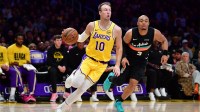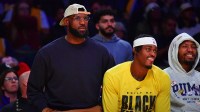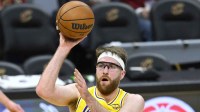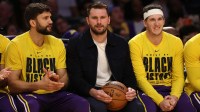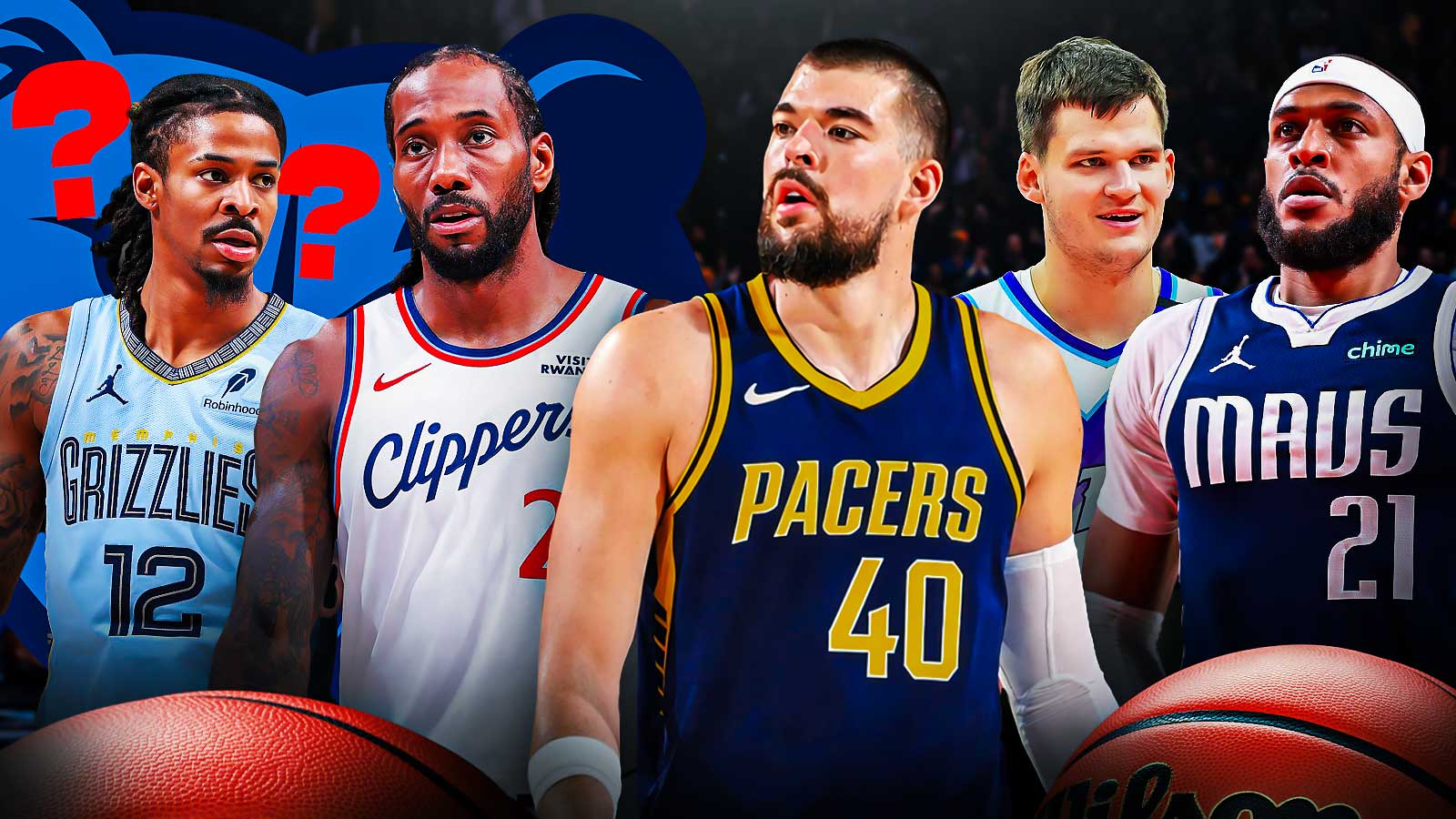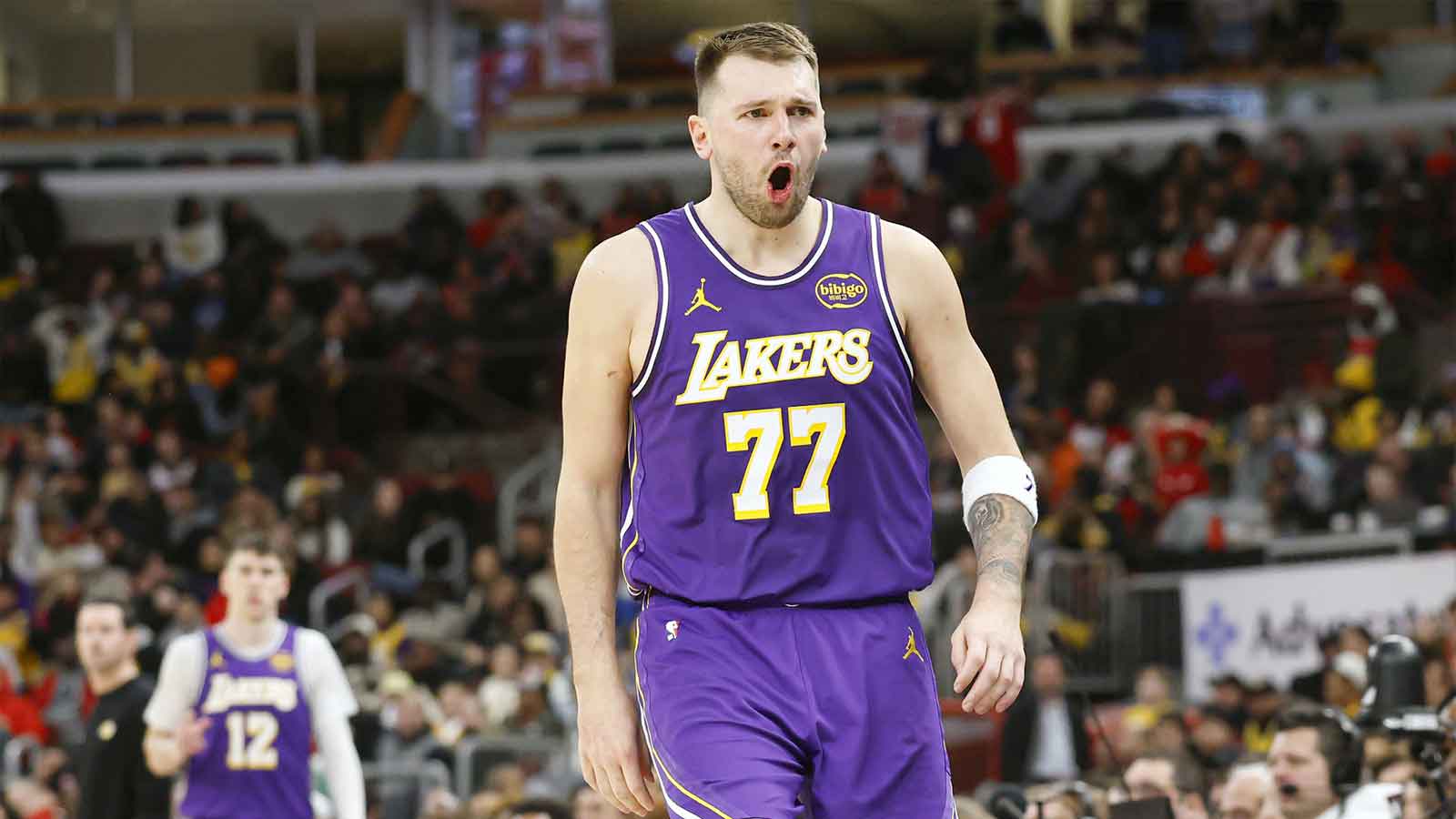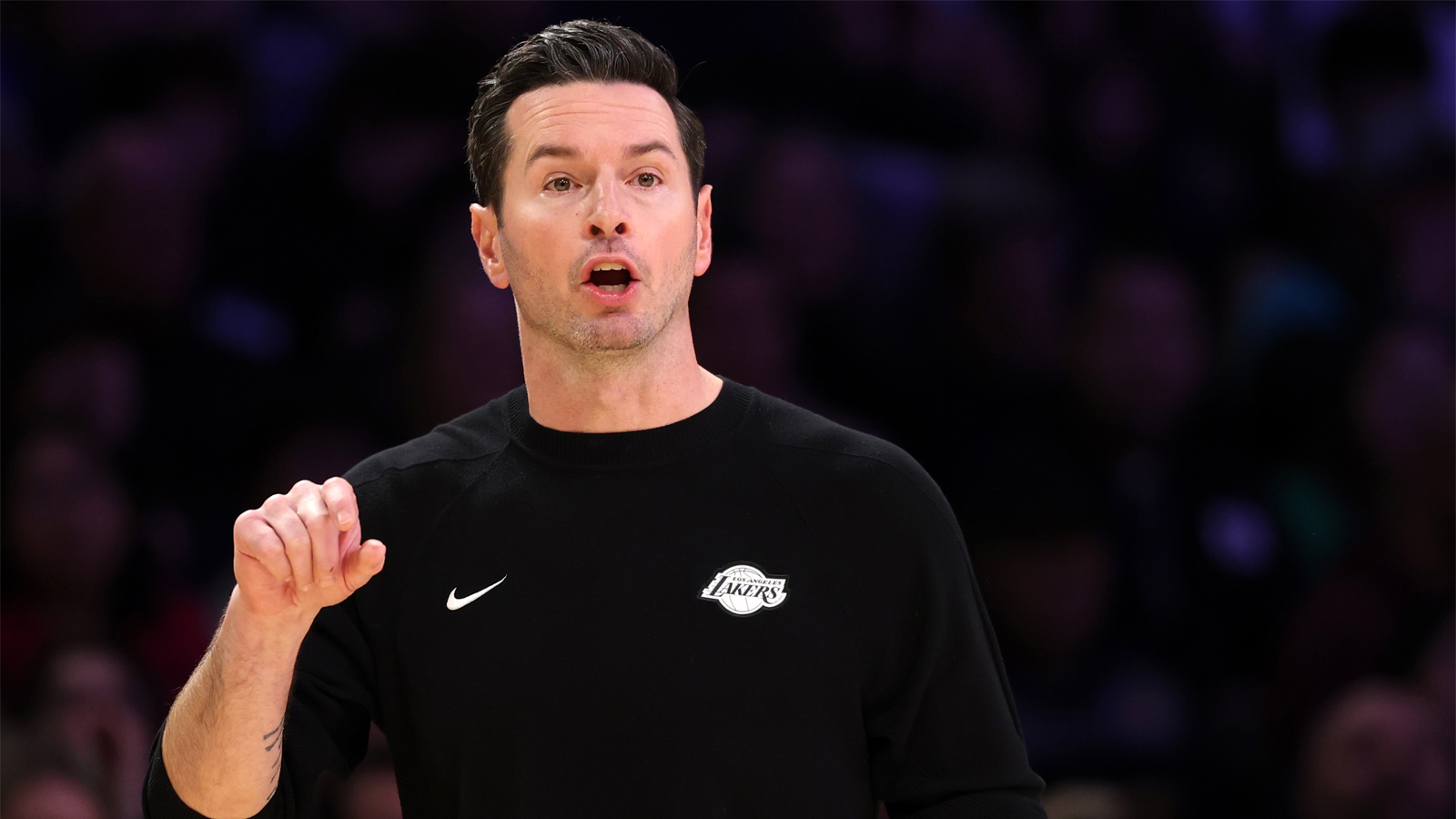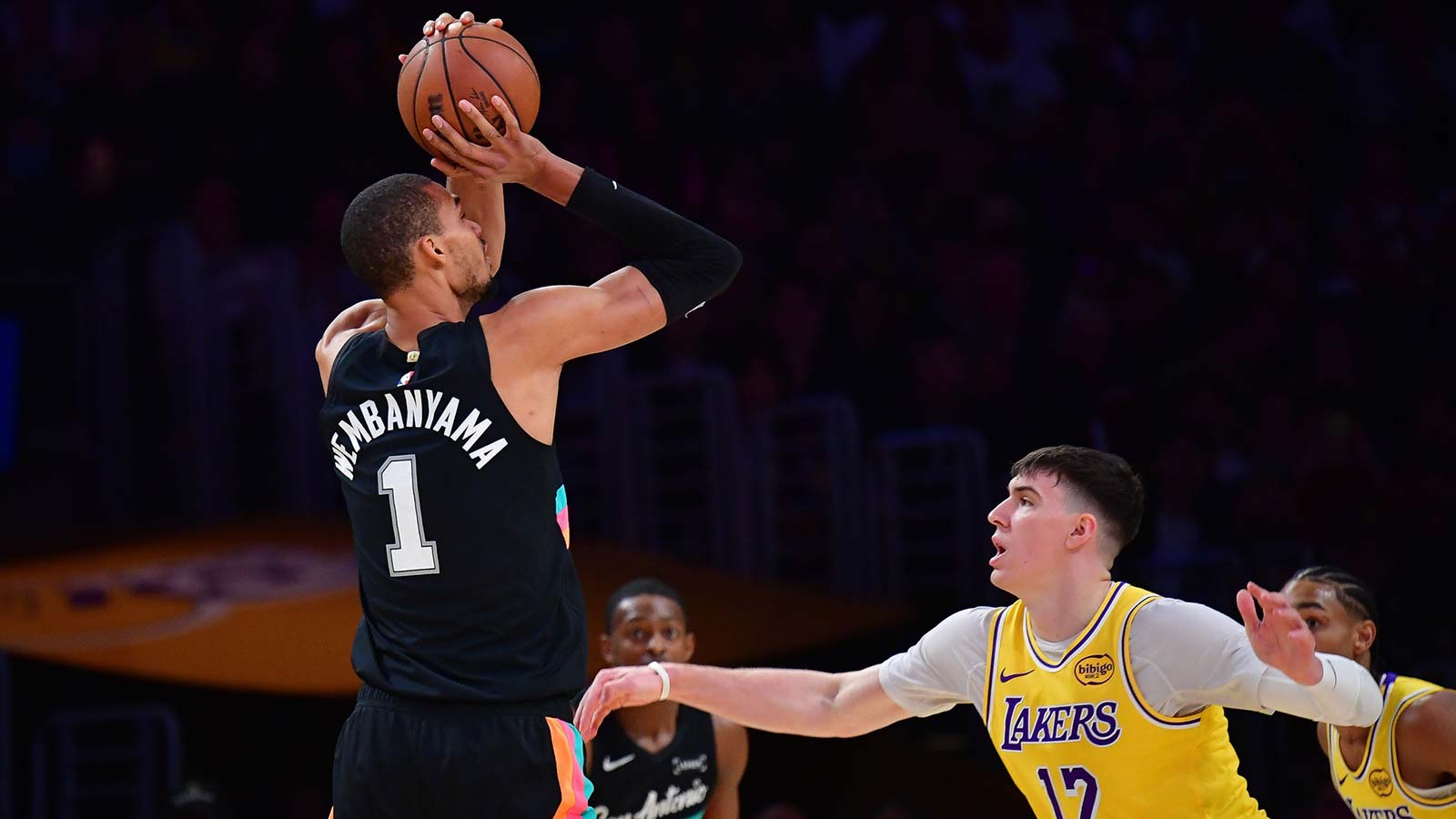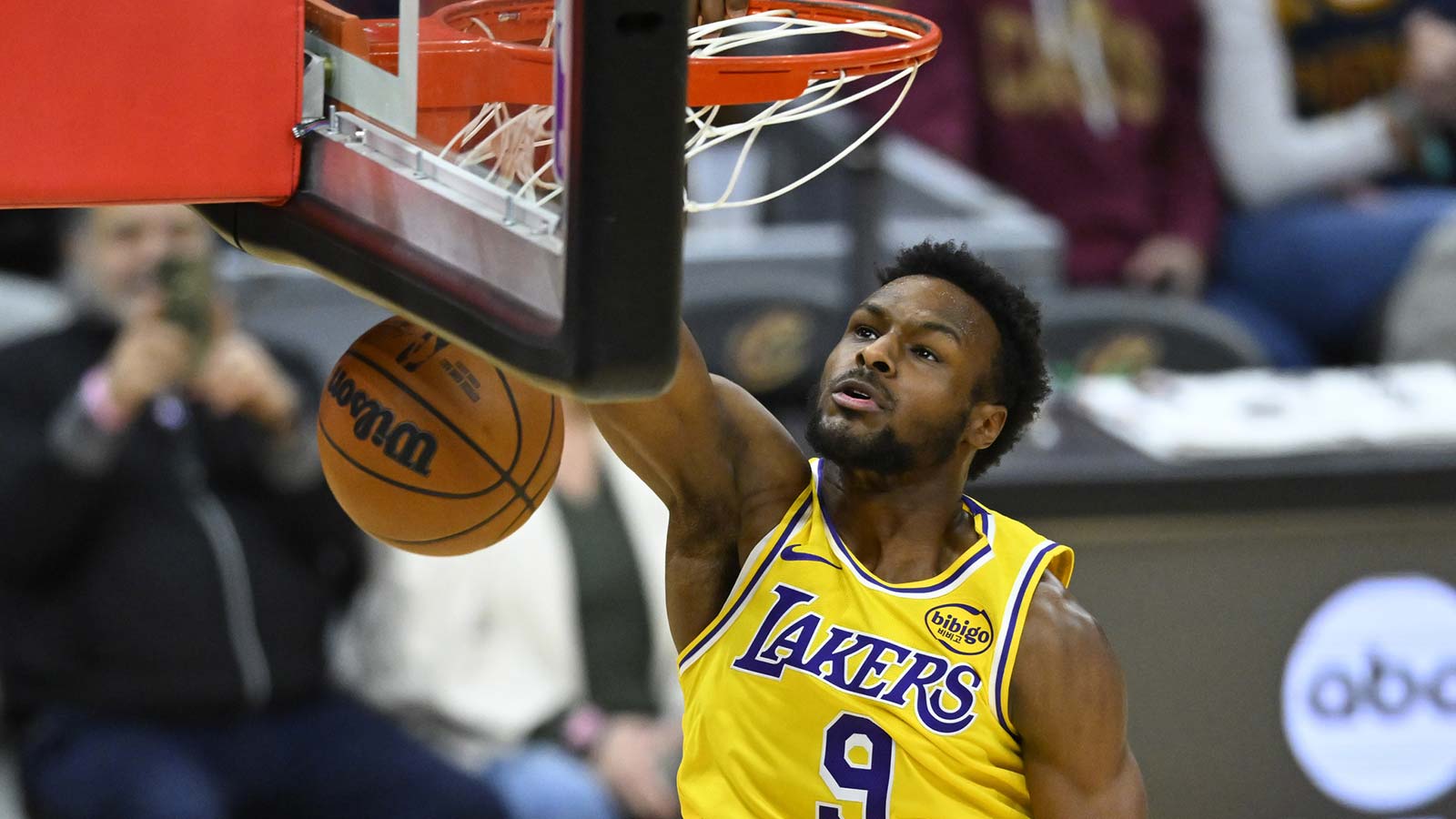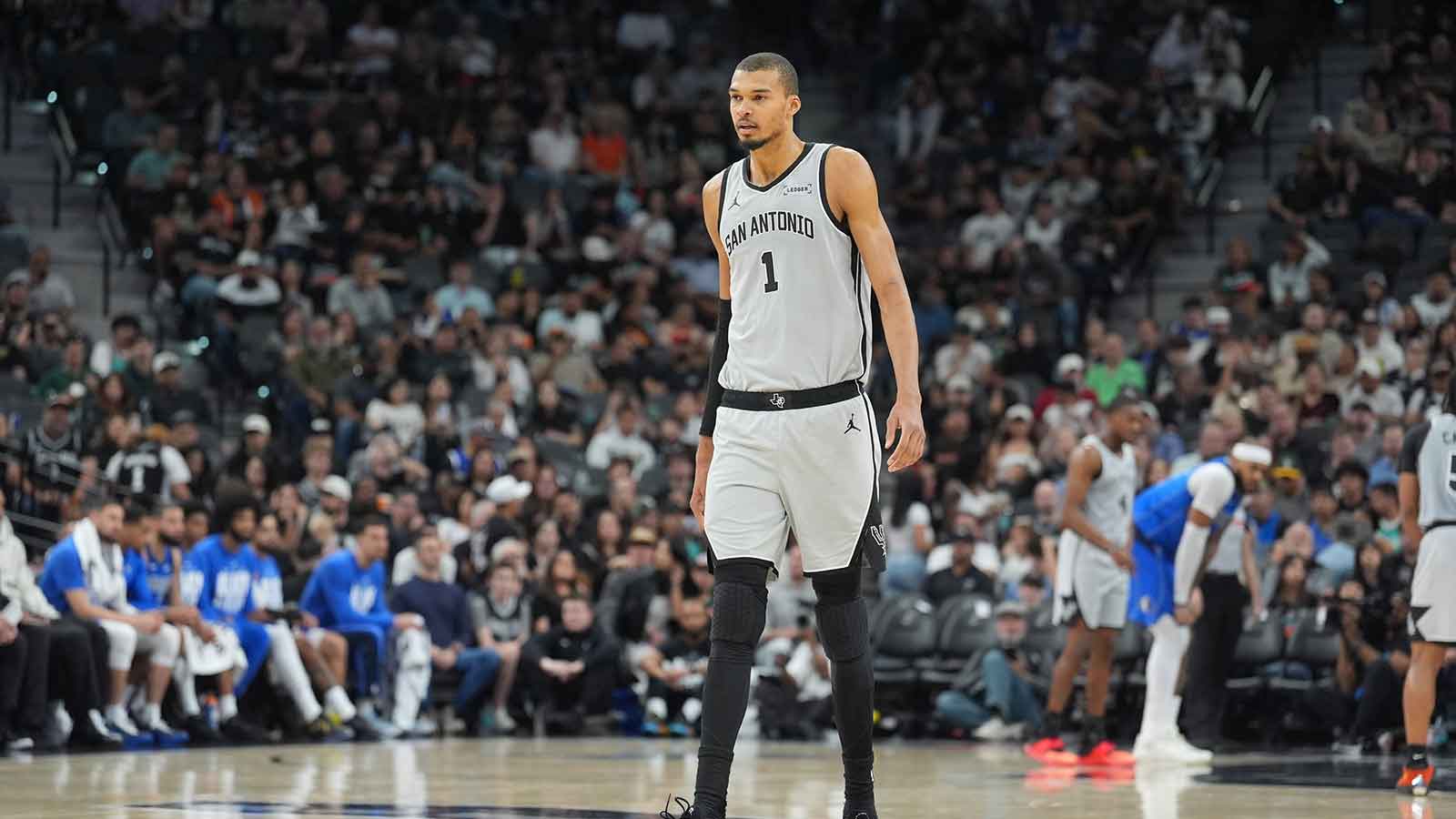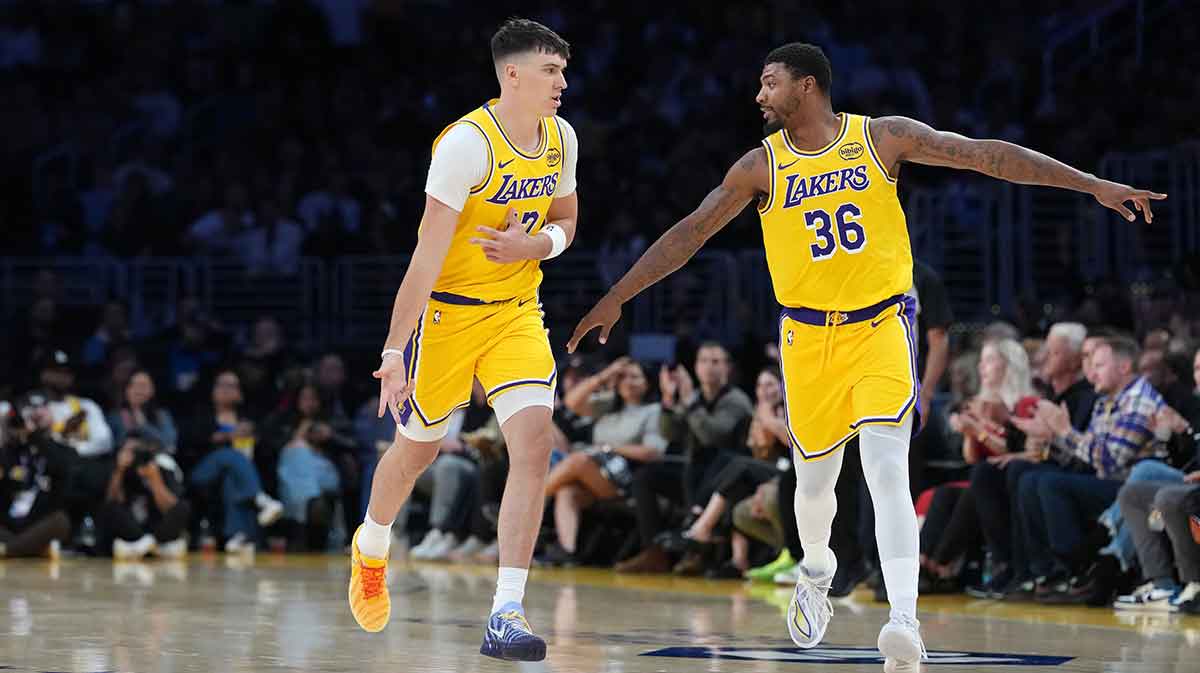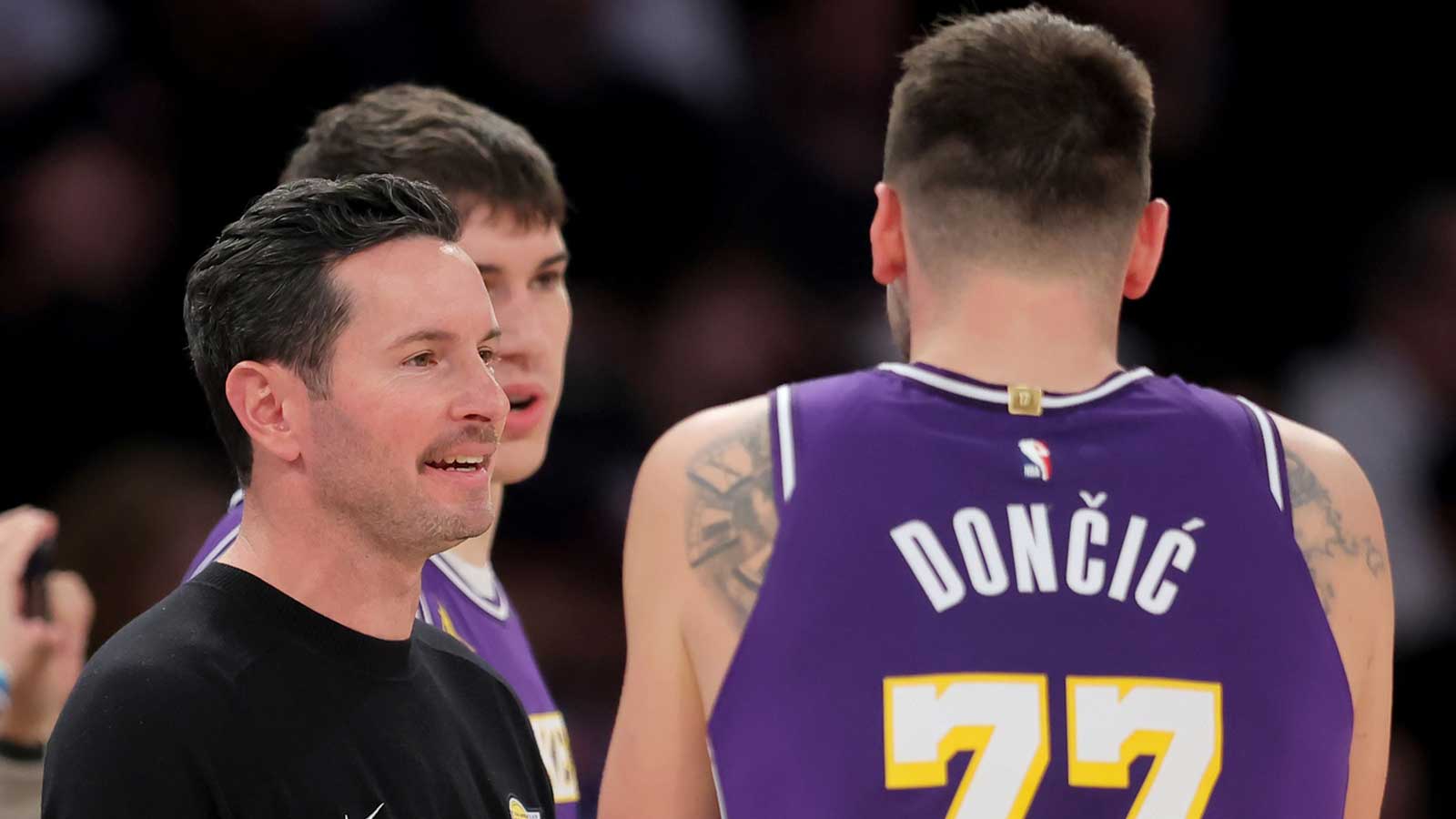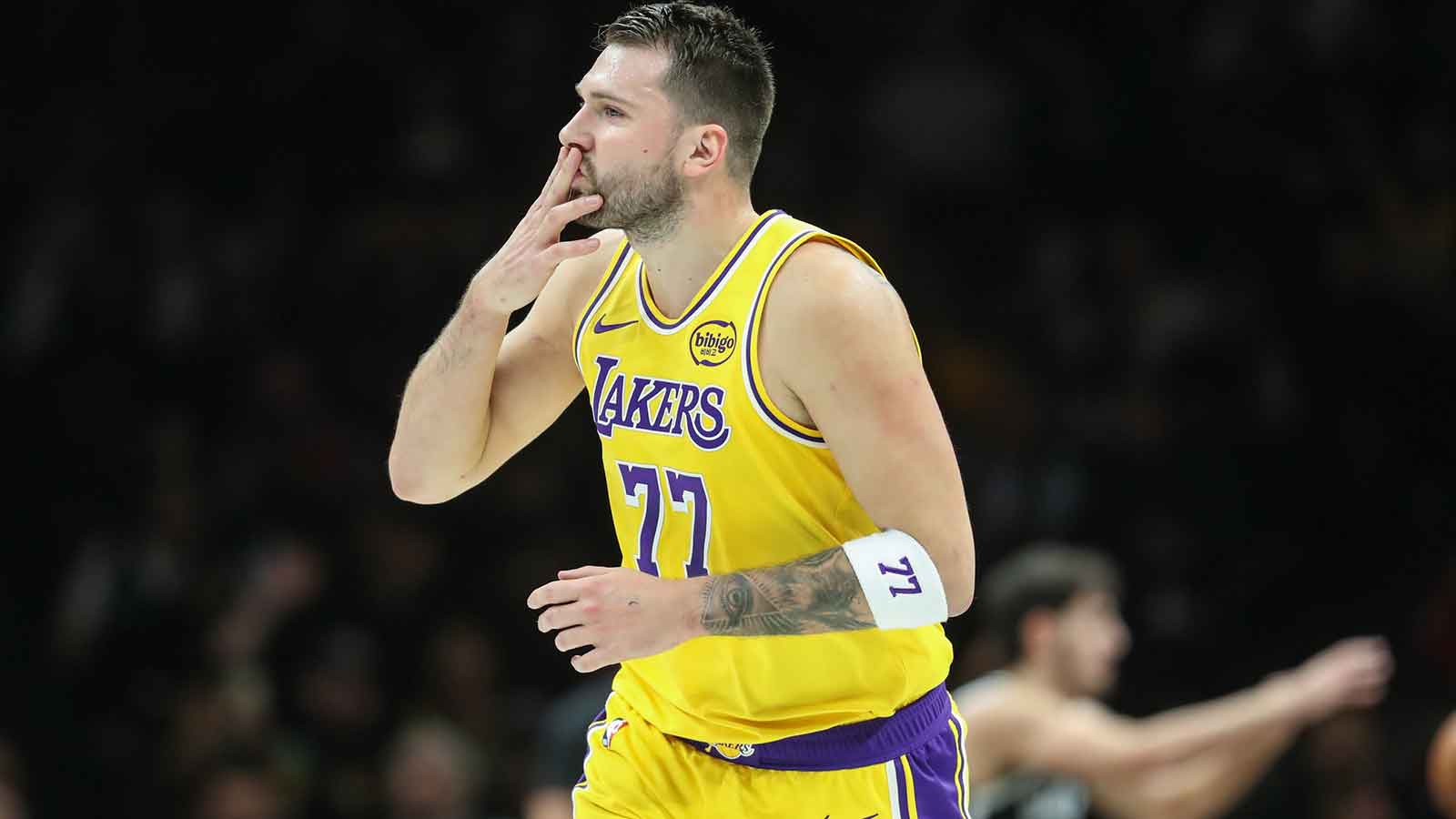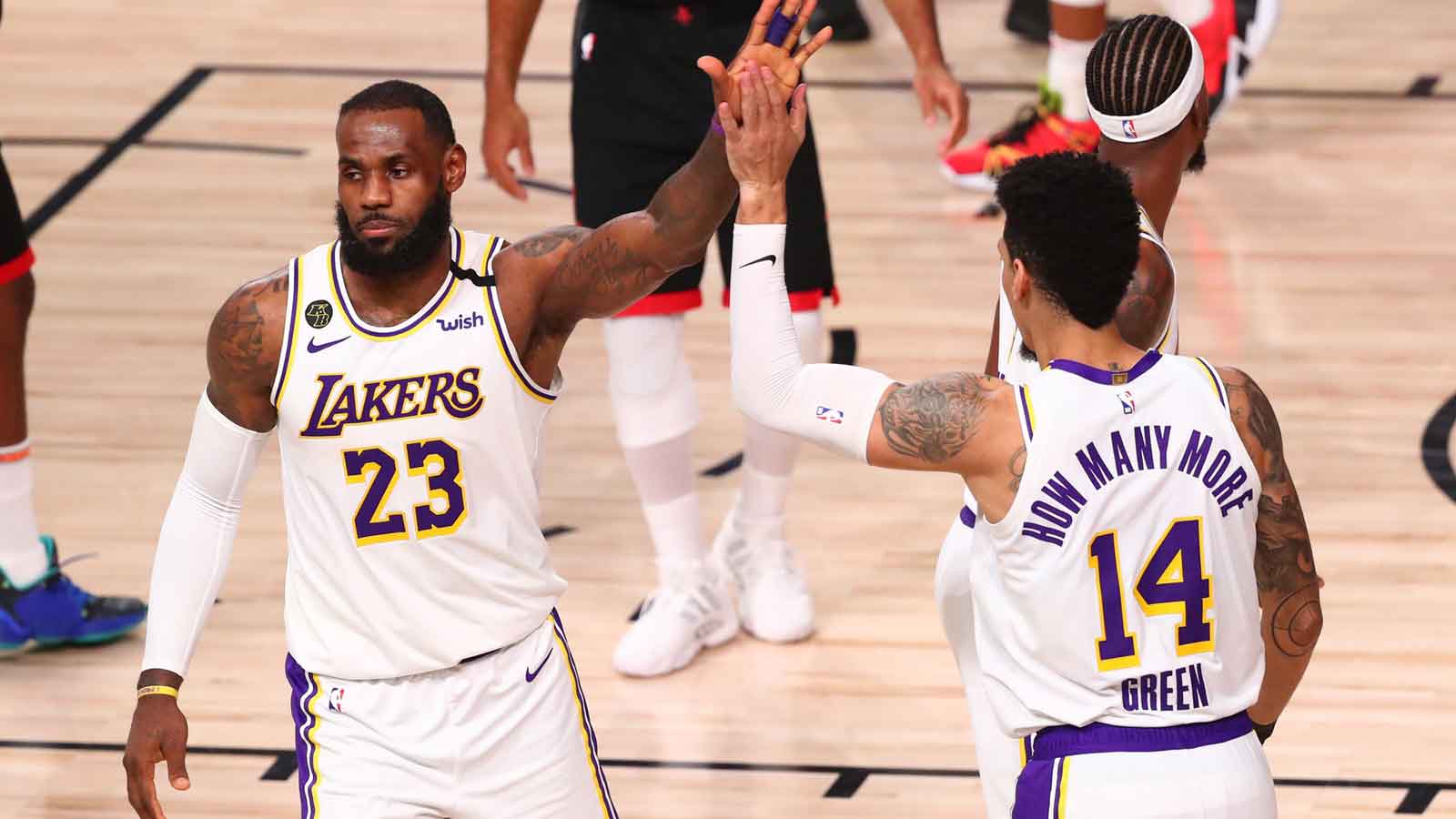It's a sad day for many, as it's been a year since the world lost Kobe Bryant. To avoid dancing in the mud, and instead of focusing solely on the tragedy, we're going to look at Kobe Bryant MVP relevant information. Or, more accurately, just how many the Los Angeles Lakers icon should have won.
No list of the NBA’s greatest players would be complete without Kobe Bryant. In his 20-year career, which was spent entirely with the Los Angeles Lakers, Bryant established himself as one of the league’s most lethal scorers, capable of taking over any game and someone you would want taking the last shot with the game on the line.
His work ethic is unparalleled and has become an important part of his legend, captured in the phrase “Mamba Mentality” that has inspired many people. More importantly, he is a winner, with five championships, two Finals MVPs, and a host of other individual awards.
So perhaps it is surprising that Bryant, a first-ballot Hall of Famer and one of the greatest players the league has ever seen, won the Most Valuable Player award just once in two decades. That pales comparison to other Lakers players, such as Kareem Abdul-Jabbar, who won the award six times, LeBron James, who has won it four times, and Magic Johnson, who has three MVP trophies. Surely it was unlikely that the Black Mamba was the best player in the NBA just once throughout his illustrious career. Were there any other seasons where Bryant should have been the MVP? We take a look at one season during his prime where he should have won the league’s highest individual honor:
2005-2006: Steve Nash sure, but Kobe Bryant MVP worthy

Steve Nash won the second of his two MVP awards in the 2005-2006 season, when he helped the Phoenix Suns to a 54-28 record, good for third in the Western Conference and the fourth-best record in the league. He averaged 18.8 points, 4.2 rebounds, and a league-best 10.5 assists while shooting 51.2% from the field and 43.9% from beyond the arc. Nash was the only player in the last 42 years to win the award while averaging less than 20 points per game.
Kobe Bryant, on the other hand, became the NBA scoring champion for the first time in his career, averaging 35.4 points, 5.3 rebounds, 4.5 assists, and 1.8 steals while shooting 45% from the field and 34.7% from downtown. The Lakers, however, finished with a 45-37 record, which was seventh in the West and just the 12th-best in the league. Aside from statistics, voting for the league MVP award usually also takes the team’s regular season record into consideration, which is a huge reason why Bryant ended up just fourth in voting for the award behind Nash, LeBron James, and Dirk Nowitzki. The Suns guard received 924 total points, far from Bryant’s 483 points.
The 18-time All Star, however, secured 22 first place votes, second only to Nash’s 57 first place votes, perhaps indicating that there were people who thought he deserved the Maurice Podoloff trophy despite his team’s middling record. Nash’s win in 2006 is now widely considered as one of the biggest MVP snubs in NBA history. Even looking at Bryant’s staggering numbers doesn’t do justice to how dominant he was at the time.
A season of dominance

The Black Mamba’s most notable performance that season happened on January 22, 2006, when he scored a career-high 81 points in a 122-104 win over the Toronto Raptors, the second-highest scoring performance in NBA history behind Wilt Chamberlain’s 100-point performance in 1962. But the game against the Raptors was just one memorable performance in a season full of them.
Back in December 2005, he dropped 62 points in just three quarters against the Dallas Mavericks, outscoring the team by himself at the end of the third period, something which has not happened since the NBA introduced the shot clock. Aside from the 81-point game, the month of January also saw a slew of other scoring binges from the Lakers’ shooting guard. He scored 45 points or more in four consecutive games, joining Wilt Chamberlain and Elgin Baylor as the only players to do so. He averaged 43.4 points in January, the highest-scoring month by any player in since Chamberlain in March 1963.
He later pulled off a similar feat in April 2006, when he averaged 41.6 points on 51% shooting form the field and 41.3% from beyond the arc, joining Chamberlain again as the only players to average 40 points or more in multiple months. He ended the season with 27 40-point games and six 50-point games, with the Lakers holding an 18-9 record in those games. He made 180 3-pointers that season, which was a career-best mark. His 2,832 points at the end of the 2005-2006 season were the highest of his career, with only Chamberlain and Michael Jordan putting up higher point totals.
Kobe Bryant: Beyond the numbers

More importantly, Bryant’s 2005-2006 season didn’t just see him put up big numbers. He was also able to lead the team back into the playoffs, and nearly pulled off a first round upset of Nash and the Suns before falling in seven games. Aside from Bryant, no other Laker averaged more than 15 points per game that season, with Lamar Odom’s 14.8 points coming closest, which speaks to the disparity in the talent level between the teams.
Nash, in contrast, had plenty of help with the Suns, with All Star Shawn Marion leading the team in points, rebounds, steals, and blocks per game after another All Star in Amar’e Stoudemire suffered an injury before the season. Phoenix was also able to count on Boris Diaw, who won the Most Improved Player award after stepping up in Stoudemire’s place.
The Suns had a better record that season than the Lakers, which has usually been an important consideration when giving out the MVP. But there have also been times when the award has gone on to players with superior statistics playing on teams with inferior records. Moses Malone won the award twice despite playing for Houston Rockets teams that won 47 and 46 games, while Russell Westbrook won the award three years ago while playing for the Oklahoma City Thunder, which also won 47 games and finished sixth in the West.
Despite finishing his storied career with just a single MVP award, Bryant’s place among the league’s greatest players remains secure. But nevertheless, one can’t help but look back at his 2005-2006 season, when Kobe Bryant put up historic numbers and helped a Lakers team largely bereft of talent back into the postseason but was still deprived of the award.




